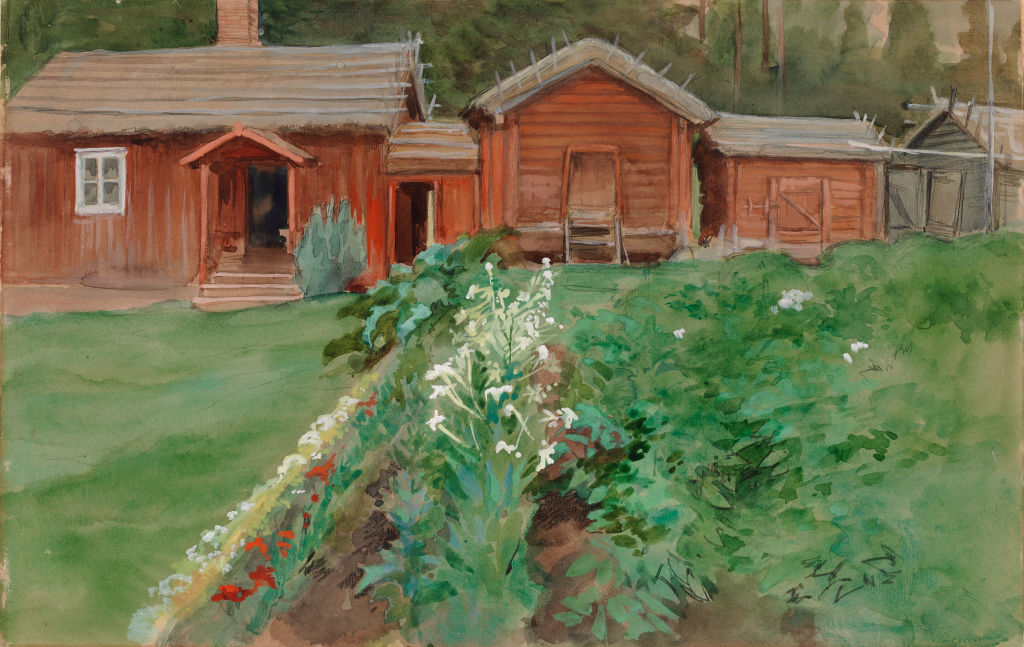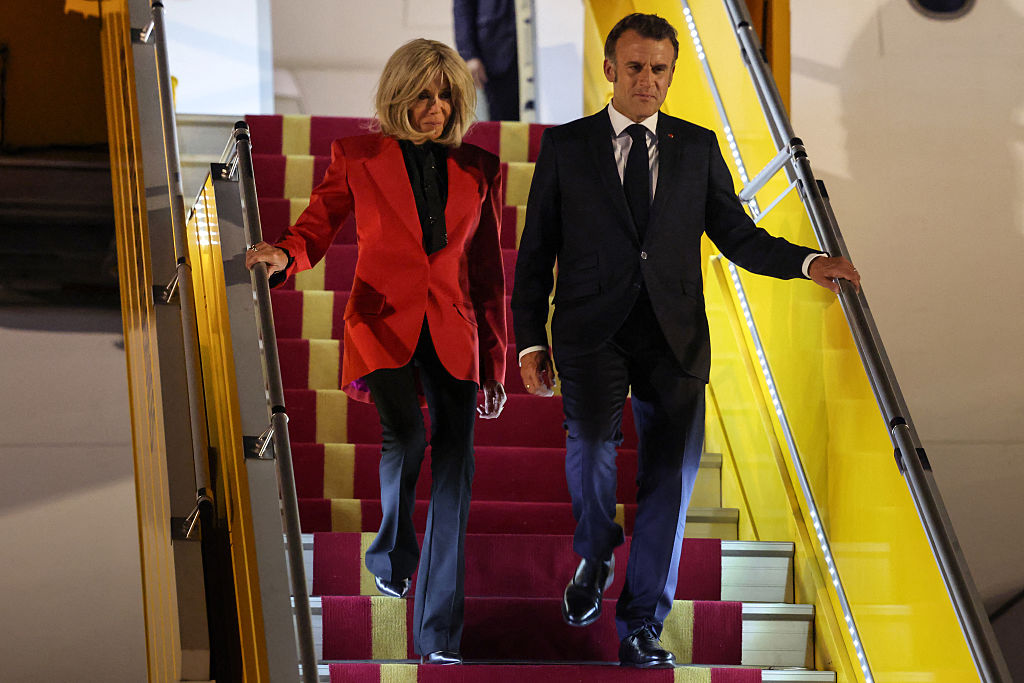Seventeen percent of Parisians have fled the city since President Macron ordered France to be confined, as part of his ‘war’ strategy to defeat coronavirus. The lockdown, which began on Tuesday, is for two weeks but on Friday the government indicated that it will likely be extended into April as France struggles to contain a pandemic that has now claimed 674 lives.
Police are rigorously enforcing the regulations forbidding people to leave home except to buy provisions or briefly stretch their legs. Thousands have been fined for breaking the rules of confinement and there are reports that in future people will be jailed for up to six months if they’re repeat offenders. Numerous towns and cities have introduced curfews from 8 p.m. to 6 a.m. and drones and helicopters keep the streets under surveillance during daylight.
On my small fifth floor apartment I’ve devised a daily exercise routine using packs of bottled water as dumbbells and an extension cable as a skipping rope. Every other day I go for a run, a short one, as the rules say you have to keep within 2 km of your residence. Stray outside this zone and you risk a €375 fine.
If my 7 a.m. exercise regime has become a staple of my day then so have my ablutions. Deprived of liberty and meaningful social contact for the foreseeable future, it would be easy to ‘slob out’, and mooch around the flat unshaven and untidy. To help maintain my discipline I’m taking inspiration from David Stirling, the founder of the Special Air Service, whose biography I am writing. In recent months I’ve amassed a wealth of material on my subject and of particular interest given my predicament is the two years Stirling spent as a prisoner of war.
Captured in North Africa in January 1943, Stirling was imprisoned in two camps before being moved in August 1944 to Oflag IV-C in Saxony, better known as Colditz. Stirling described his ‘acute frustration’ at being a prisoner and also his surprise at finding that a ‘sort of apathy’ had settled on many inmates. One POW, Philip Pardoe, recalled the small exercise yard in Colditz where prisoners circulated for a short time each day, many ‘with the glazed stare of men whose thoughts are dulled by monotony.’
Obviously, the situation in France isn’t as grim as Colditz. I can choose what and when I eat, and I know my confinement will be measured in weeks and months, not years. But Stirling had at least what he described as ‘stimulating company’ — the only face to face contact I’ve had with another human being in the last six days was a brief exchange of pleasantries on Sunday with a masked market-trader.
The food at Colditz was, by POW standards, palatable and plentiful, but the inmates relished the arrival of their Red Cross parcels containing such delicacies as chocolate, jams and creamed rice. These were made to last: a spoonful of jam one day, half a bar of chocolate the next, a frugality I’m applying to my own modest stash of goodies.
Incarcerated with Stirling for nearly two years was an artillery officer called Alastair Cram, and the pair devoted much of their energy and imagination to hatching escape plots. Cram had been captured in 1941 and he finally succeeded in escaping on his 21st attempt, a stirring testament to his resolve, driven as much as patriotism as a need to relieve the boredom. ‘The first months of captivity press heavily on morale,’ he reflected. ‘A life of ceaseless activity at a blow is modified to one monotony and complete inactivity. Worst to all to bear was the vision of the seemingly unending barren months…I felt a kind of horror at the effect on the will, mind and spirit that imprisonment must inevitably have unless the ennui was most desperately fought.’
My own ‘escape plan’ involves poring over a map of the Pyrenees, working out the route I’ll be hiking later this summer when I am able to return to the place I love most in the world. For the moment I must endure what feels increasingly like house arrest. Overnight I have lost my liberty through no fault of my own. But I look on this confinement as a test of character, as Stirling did during his time as a prisoner. And when they ask me what I did in the ‘war’ I won’t able to speak of valor and daring, but at least I’ll be able to say I wasn’t among the 17 percent that fled.
This article was originally published onThe Spectator’s UK website.

























